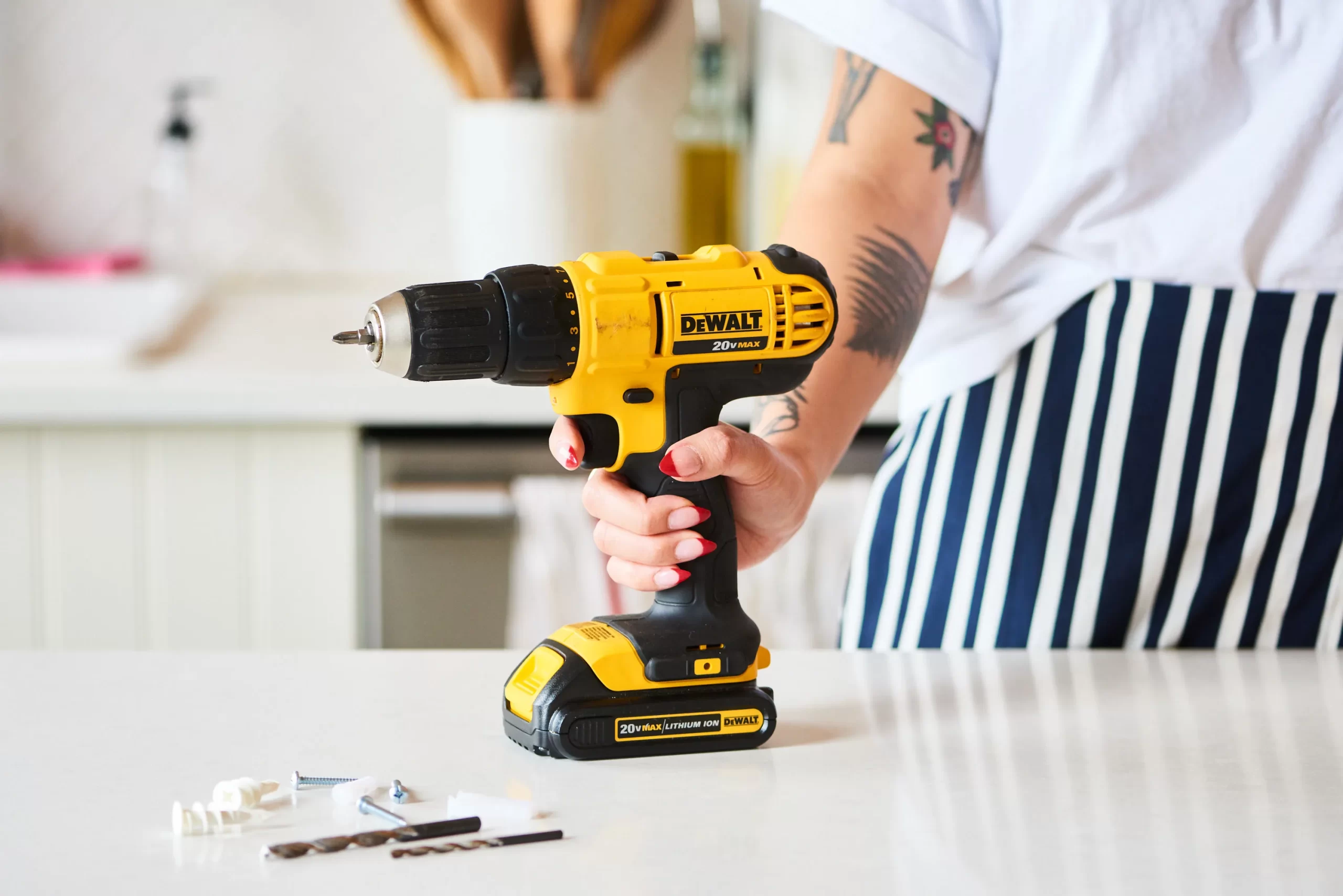Choosing the Right Power Tools Accessories Manufacturer for Your Needs
In the ever-evolving world of hardware and construction, the right power tools accessories can make all the difference in your projects’ success. Whether you’re a DIY enthusiast, a professional builder, or a retail business owner, finding a reliable power tools accessories manufacturer is key to ensuring quality, efficiency, and safety. This comprehensive guide will walk you through the process of choosing the right manufacturer for your needs, providing you with insightful tips, industry knowledge, and practical strategies.
Table of Contents
- Understanding the Market
- Prioritizing Quality
- Researching Potential Manufacturers
- Assessing Manufacturer Capabilities
- Evaluating Customer Service
- Cost vs Value
- Checking Certifications and Compliance
- Reviewing Product Range and Innovation
- Building Long-Term Relationships
- Your Next Steps: Choosing the Right Manufacturer
Understanding the Market
The first step in selecting the right power tools accessories manufacturer is understanding the market. You need to be aware of the latest trends, customer demands, and competitive landscape. For example, there’s a growing trend towards cordless power tools, which offers users more flexibility and mobility.
Moreover, understanding the market also entails identifying your target customers and their needs. Are they professional builders who require heavy-duty tools, or are they DIY enthusiasts who prefer user-friendly and affordable options? This information will help you choose a manufacturer that can meet these specific demands.
Prioritizing Quality
Quality should be at the forefront of your decision-making process when choosing a power tools accessories manufacturer. High-quality products not only ensure customer satisfaction but also minimize the risk of product returns and negative reviews. Look for manufacturers who use superior materials, have stringent quality control processes, and offer warranties on their products.
For instance, a manufacturer that uses stainless steel for their saw blades instead of regular steel would be a better choice. Stainless steel blades are more durable, rust-resistant, and provide cleaner cuts, enhancing the overall user experience.
Researching Potential Manufacturers
Before deciding on a manufacturer, it’s important to conduct thorough research. Start by creating a list of potential manufacturers, then dig deeper into their background, reputation, and expertise. You can do this by reviewing their websites, reading customer reviews, and checking their social media presence.
Consider factors such as how long they’ve been in business, what other customers have to say about them, and the variety of products they offer. For example, a manufacturer with decades of experience in the industry would likely have a deep understanding of power tools accessories and a proven track record of delivering high-quality products.
Assessing Manufacturer Capabilities
After narrowing down your list of potential manufacturers, assess their capabilities to determine if they can meet your needs. This includes examining their production capacity, technological advancements, and customization options. For example, if you plan to place large orders, ensure that the manufacturer has the capacity to meet this demand without compromising on quality or delivery times.
Also, consider whether they can offer customized solutions. If your target customers have unique needs or preferences, a manufacturer that can tailor their products to meet these requirements would be a valuable partner.
Evaluating Customer Service
Good customer service is a critical factor in choosing a manufacturer. The manufacturer should be able to provide prompt and effective support, answer your queries, and resolve any issues that may arise. This includes pre-sales support like answering product inquiries, and post-sales support like handling product returns or complaints.
For instance, if a customer encounters an issue with a power tool accessory, the manufacturer should be able to respond quickly, provide a solution, and ensure the customer is satisfied. This can help build trust and loyalty among your customers, ultimately benefiting your business.
Cost vs Value
While cost is an important consideration, it should not be the sole deciding factor. Instead, consider the value that the manufacturer can bring to your business. This includes the quality of their products, their reliability, and the level of support they provide.
For example, a cheaper manufacturer might seem attractive initially, but if their products are of lower quality, it could lead to customer dissatisfaction and higher return rates, which would negatively impact your business in the long run.
Checking Certifications and Compliance
Ensure that the manufacturer complies with all relevant standards and regulations. This not only ensures the safety and quality of the products but also protects your business from legal issues. Check for certifications like ISO (International Organization for Standardization), which indicates that the manufacturer meets international standards for quality management.
For example, if a manufacturer has ISO 9001 certification, it means they adhere to the standards for a quality management system and are committed to continuous improvement.
Reviewing Product Range and Innovation
A manufacturer that offers a wide range of products and continuously innovates can provide you with a competitive edge. They can cater to a broader customer base and keep up with the latest trends and technologies in the power tools industry.
For instance, a manufacturer that offers power tools accessories for both corded and cordless tools and constantly updates their product line to include the latest innovations would be a great choice.
Building Long-Term Relationships
Choosing a power tools accessories manufacturer is not just a one-time transaction but the start of a long-term relationship. Look for a manufacturer who is interested in understanding your business and helping you grow. They should be able to provide consistent quality, deliver on time, and be willing to adapt to your changing needs.
For example, a manufacturer that values customer feedback and makes continuous improvements based on this feedback would likely be a good long-term partner.
Your Next Steps: Choosing the Right Manufacturer
Choosing the right power tools accessories manufacturer is a strategic decision that can significantly impact your business. It’s not just about finding a supplier, but rather a partner who understands your business goals and is committed to helping you achieve them. Whether it’s through offering high-quality products, providing excellent customer service, or demonstrating innovation in their product range, the right manufacturer can give you a competitive edge in the market.
As we’ve explored in this guide, several factors come into play when selecting a manufacturer. These include understanding the market, emphasizing quality, researching potential manufacturers, assessing their capabilities, evaluating their customer service, and examining cost versus value. Additionally, checking for certifications and compliance, reviewing product range and innovation, and building long-term relationships are also crucial steps in the process. With all these factors considered, you are now equipped to make an informed decision, one that will contribute to the success and growth of your business in the power tools industry.






